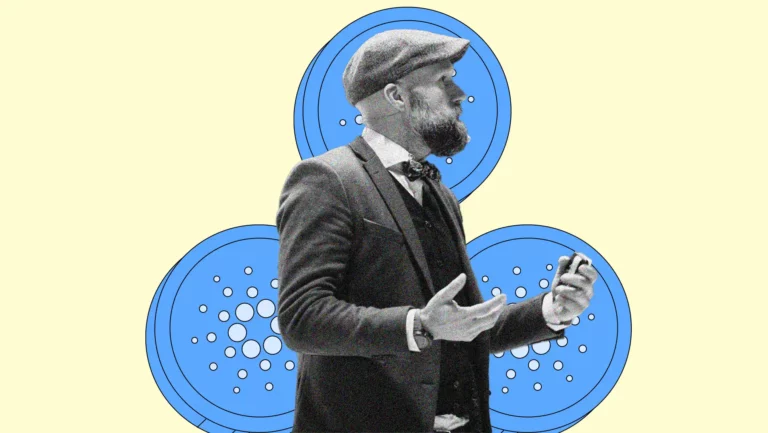CCN spoke with Frederik Gregaard , CEO of the Cardano Foundation, about blockchain technology in humanitarian settings.
The “With Refugees” Charity Stake Pool
Gregaard talked about how Cardano’s technology is used in the “With Refugees” charity stake pool (WRFGS). This is a collaboration between the Cardano Foundation and Switzerland for UNHCR.
This initiative addresses the forcible displacement of people due to war, famine, and other disasters. Through the use of blockchain technology, the WRFGS stake pool aims to make sure that donations not only reach those in need but also have a long-lasting impact.
He argued for the efficiency and effectiveness of this model. This, he said, lets donors see the tangible impact of their contributions, thereby enhancing the support provided to refugees.
Ensuring Security and Privacy of Digital Identities
A critical aspect of adopting any technology, especially in sensitive contexts such as humanitarian aid, is of security and privacy.
Gregaard said it was important to ensure the safety of digital identities through open-source wallets. These usually incorporate advanced tools to securely generate, update, deactivate, and restore Decentralized Identifiers (DIDs) and KERI Autonomic Identifiers (AIDs).
It is also important for these kind of wallets to support trusted communications. They should also use W3C verifiable credentials along with Authentic Chained Data Containers (ACDCs) to bolster security.
He said:
“This kind of approach ensures that personal data remains secure while facilitating essential services.
“We look forward to exploring the boundless possibilities of innovation and collaboration, aiming for a future where communities worldwide are safer and more secure.”

